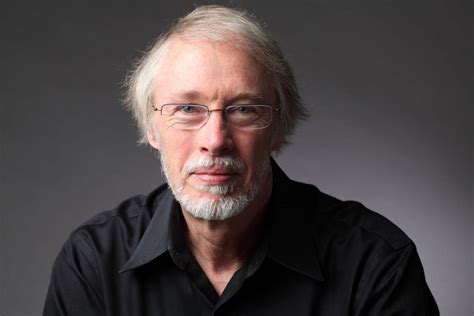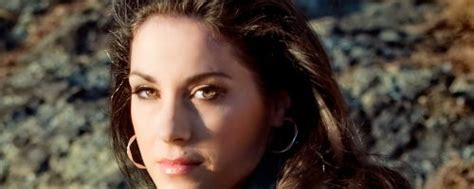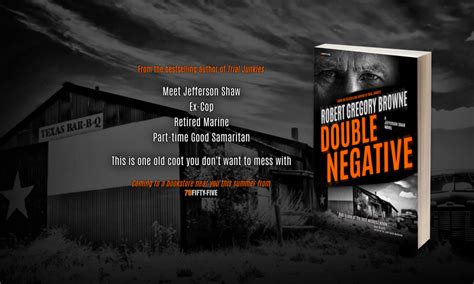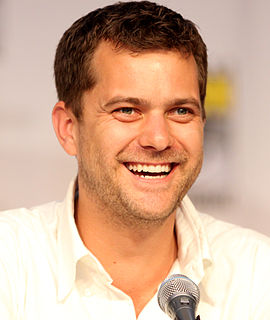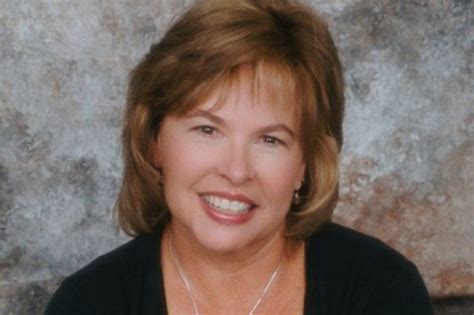A Quote by Charles Baxter
Short story characters, mine anyway, are usually driven by impulse, not so much by their histories and the choices that they have to make.
Related Quotes
I started writing the book without realizing I was writing a book. That sounds stupid, but it's true. I'd been trying and failing to make a different manuscript work, and I thought I was just taking a break by writing some short stories. I'm not a very good short story writer - the amazing compression that is required for short stories doesn't come easily to me. But anyway, I thought I'd try to write some short stories. And a structure took shape - I stumbled upon it.
One easy mistake to make with the first novel is to expand the short story. Some things are better as a story; you cannot dilute things into a novel. I think the first hundred pages of a novel are very important. That's where you set things up: the world, the characters. Once you've set that up, it'll be much easier.
You have to do three things really well to make a successful film. You have to tell a compelling story that has a story that is unpredictable, that keeps people on the edge of their seat where they can't wait to see what happens next. You then populate that story with really memorable and appealing characters. And then, you put that story and those characters in a believable world, not realistic but believable for the story that you're telling.
